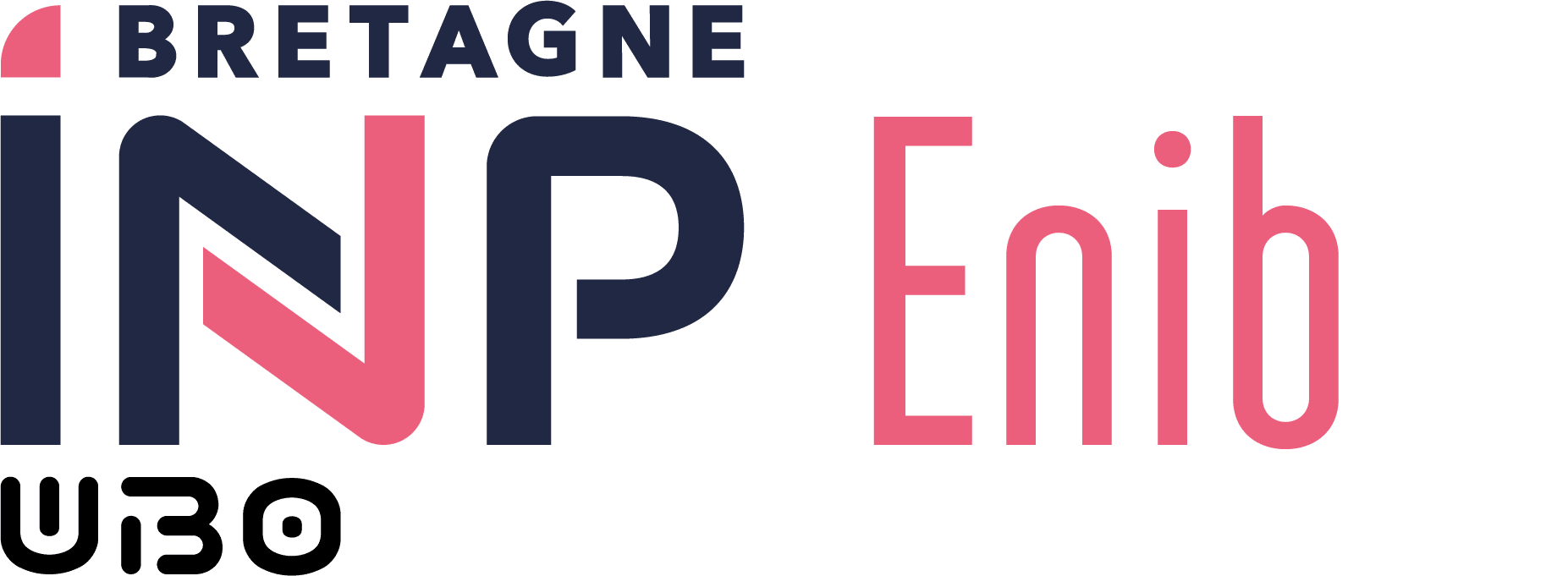Software Development methods (02_XDIPI)
- Coefficient : 3
- Hourly Volume: 70.0h (including 45.0h supervised)
- Labo : 45h supervised
- Out-of-schedule personal work : 25h
- Including project : 36h supervised and 18h unsupervised project
AATs Lists
Description
Application of the basics of algorithms as part of an approach to developing elementary software.
Through problem-based learning (both individually and in groups), students will specifically:
- Set up their development environment.
- Acquire and implement technical elements: data representation, simulation loop, abstraction barrier, collisions management, user interface, file access.
- Imagine, design, and code a game.
This activity, associated with the ZG2 coursework, will provide students with sufficient mastery of the Python language to follow the various teachings of the school.
Learning Outcomes AAv (AAv)
- AAv1 [heures: 20, A1, A3, C1, C2, C3, D1, D2, D3, E4, F2] (development cycle): An S2 student, at the end of IPI, is capable of implementing the major stages of a development cycle of around thirty hours, of interactive software (for example a game) structured by a simulation loop and abstract types of data in the paradigm of procedural programming, with the help from a supervisor who validates or proposes the broad outlines of each of the stages of this cycle.
- AAv2 [heures: 20, D1, D3, D4, F2] (coding): An S2 student, at the end of IPI, is capable of efficiently programming, on his personal computer, one or a set of simple-to-use software functionalities. starting from a prior written design or an oral exchange on algorithmic principle.
- AAv3 [heures: 10, B2, B3, D1, D3] (simulation loop): An S2 student, at the end of IPI, is capable of mastering time within a program.
- AAv4 [heures: 20, C1, C2, C3, D1, D3, G2] (implementation and tests): An S2 student, at the end of IPI, is able to describe, implement and test abstract types of data in Python and to propose an equivalent implementation in the object-oriented programming paradigm while respecting the rules for writing the language. The student will have started to become familiar with the notions of classes, encapsulation, collaboration and inheritance.
Assessment methods
Average of several short Assessment and project
Key Words
Development method, V cycle, Python, procedural programming, project, object-oriented programming
Prerequisites
Algorithmic S1
